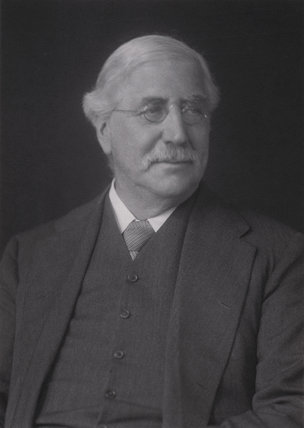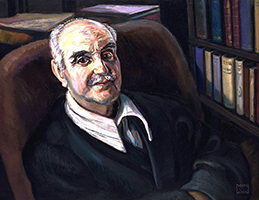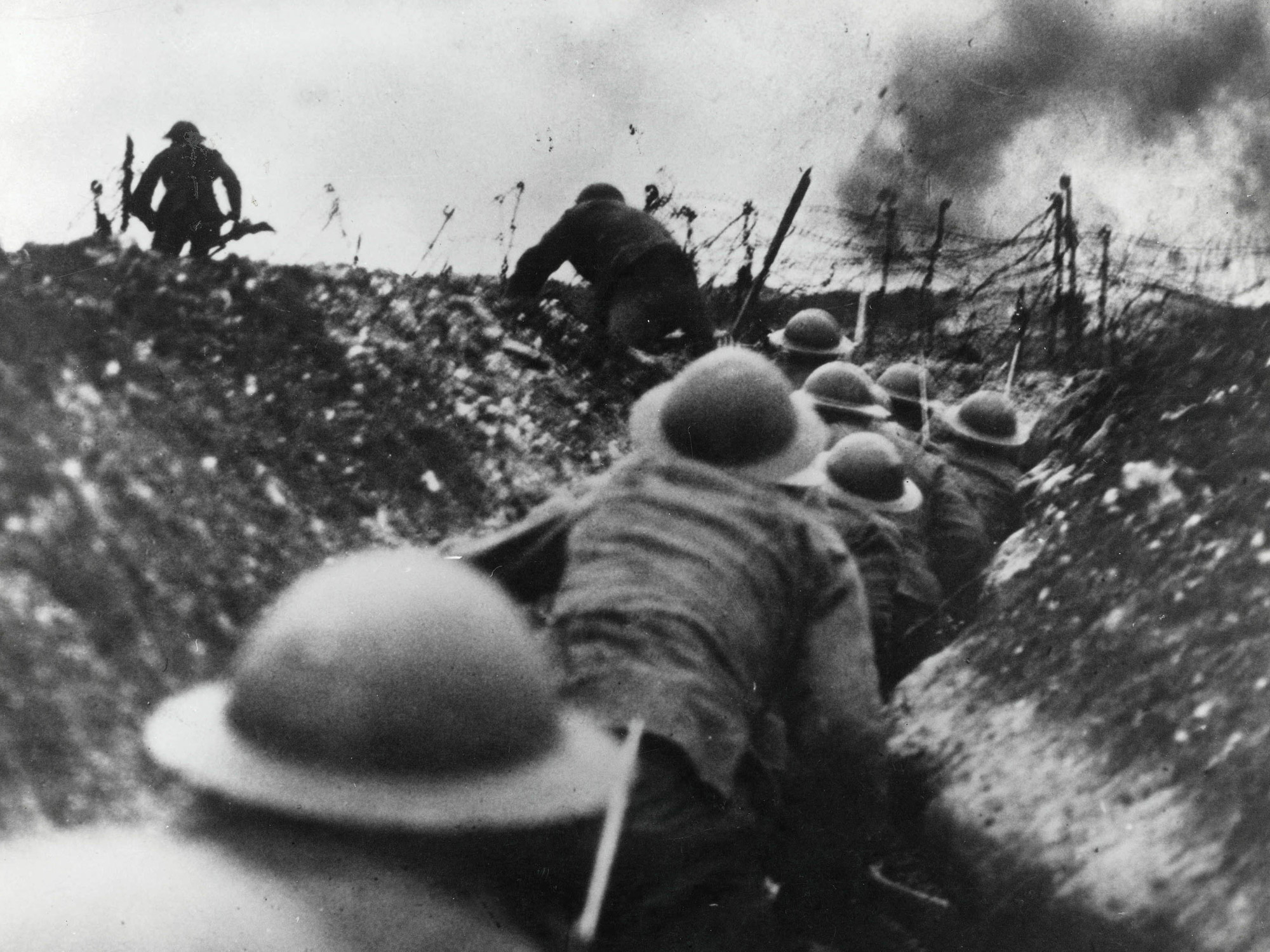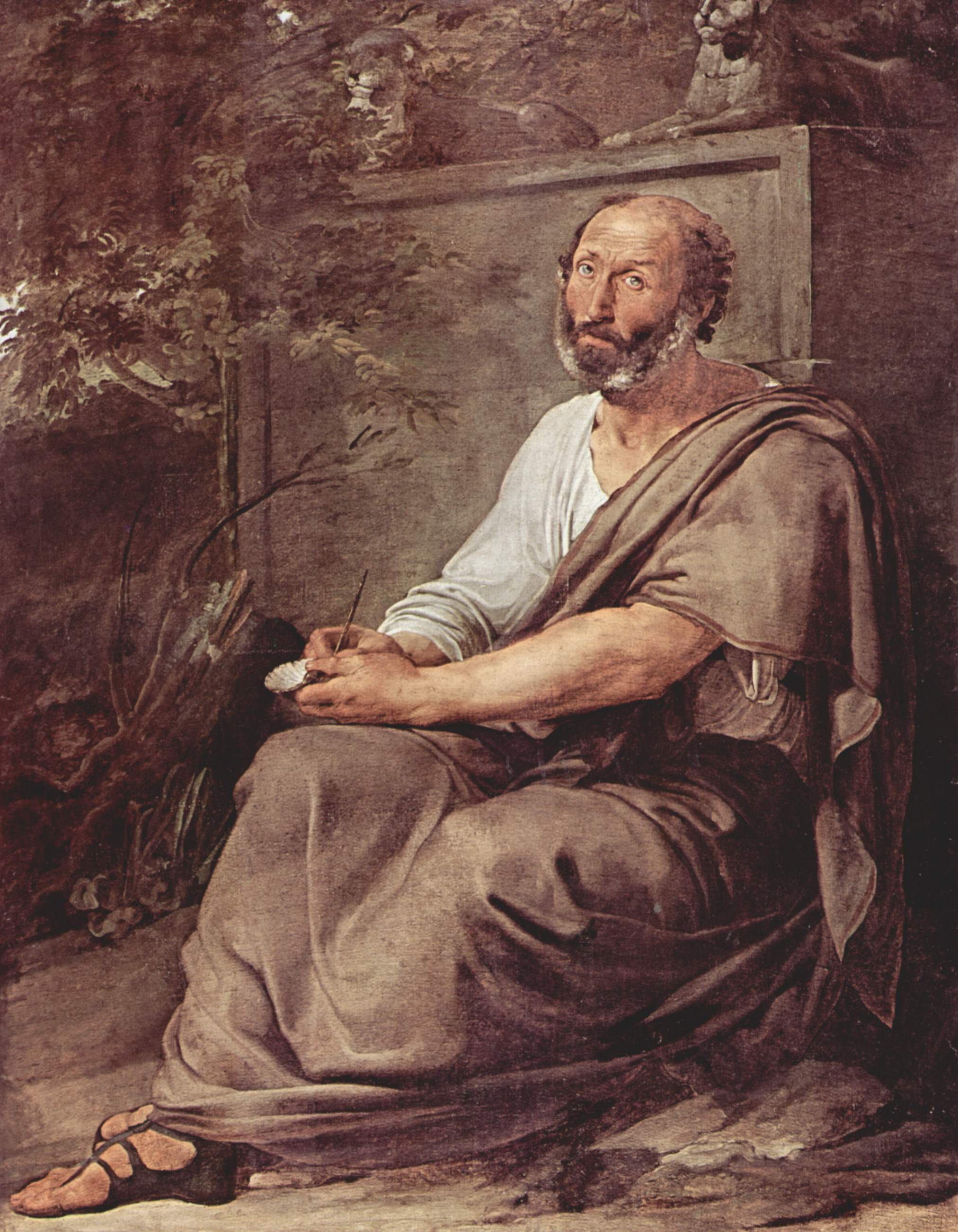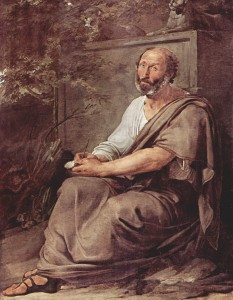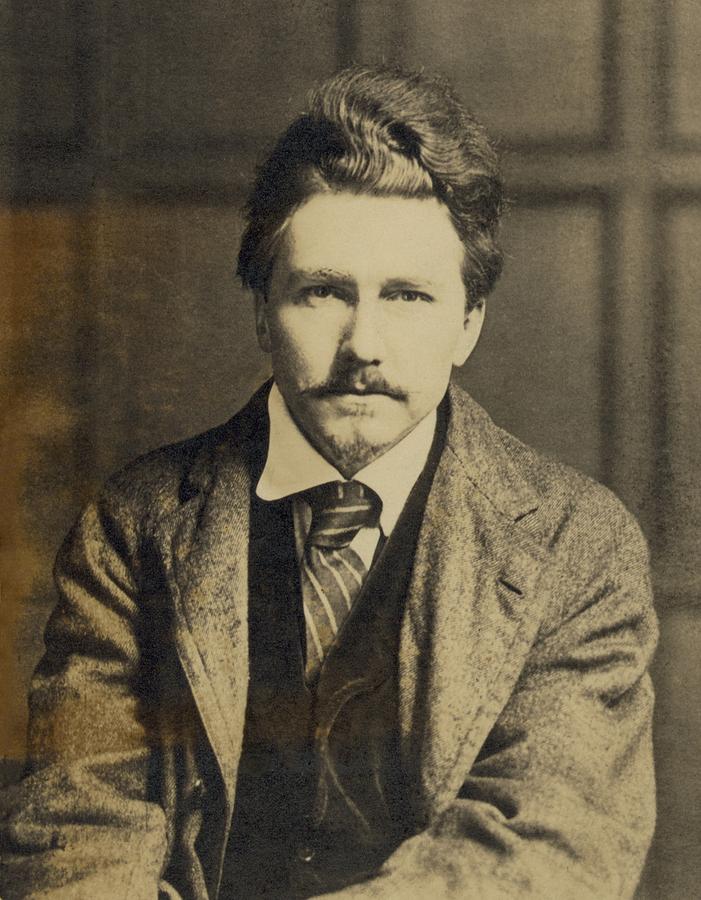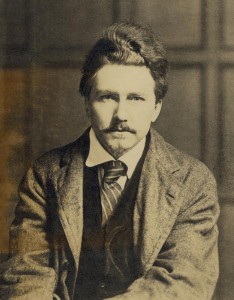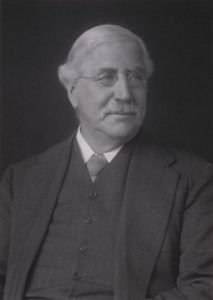 To Charles Augustus Strong
To Charles Augustus Strong
Hotel Bristol,
Rome. March 11, 1931
Dear Strong
It happens that Lord Russell and I had been exchanging letters during the last fortnight before his death, and this renewal of friendliness at the end softens very much for me the close of an enormously important chapter in my life. On Feb. 14 he wrote: “All that is the real part of me and my very extensive external activities are to me of the nature of Maya, or an illusion. They interest me, they are my —life job, and I do them, but they are not a part of my real life.”
From The Letters of George Santayana: Book Four, 1928-1932. Cambridge, MA: The MIT Press, 2003.
Location of manuscript: Rockefeller Archive Center, Sleepy Hollow NY.

